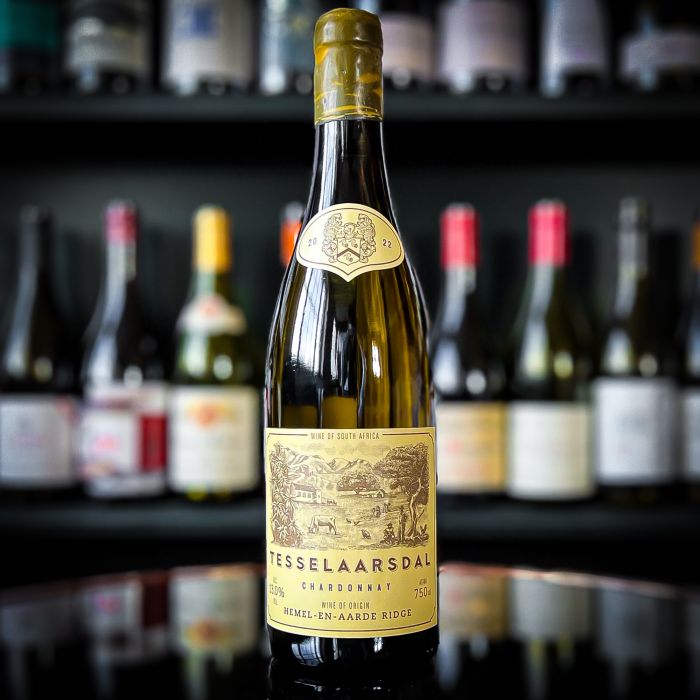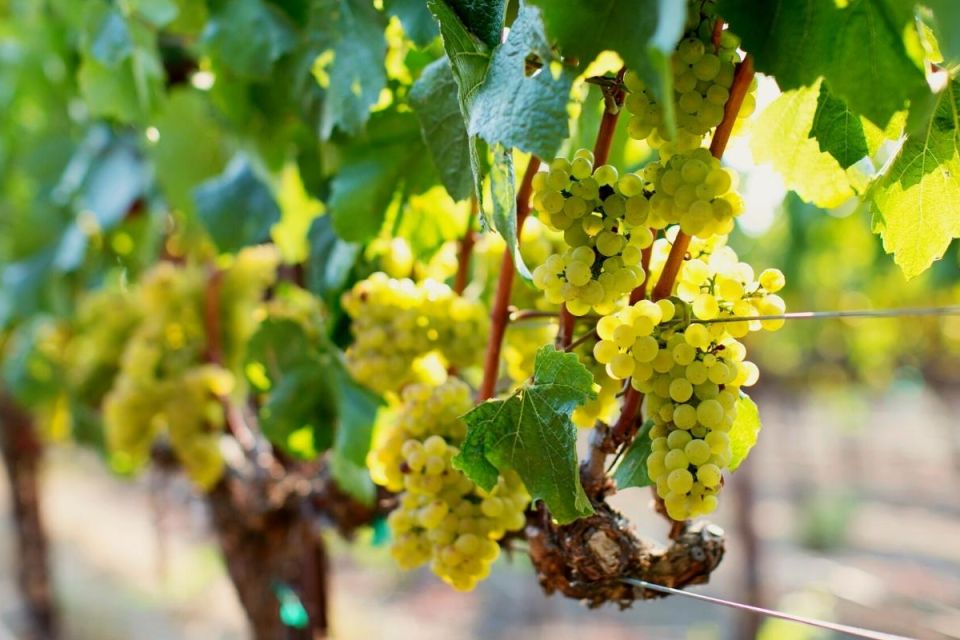Your Mini Basket
The world's most planted white grape variety, Chardonnay is prized for its ability to produce outstanding-quality wines in cool, moderate and warm climates. It is most often used as a single variety in still wines but is equally successful when used in sparkling.
The flavours of Chardonnay are many and varied; they're very much affected by where the grapes are grown, the winemaking process and maturation.
In cool-climates, such as northern France and England, you would expect flavours of orchard fruits like apples and pears, citrus and wet stones. However, in warm-climates (California, Australia) you'd get peachy flavours, tropical fruits, and sometimes even banana.
It is common to taste other flavours in Chardonnay, for instance fermenting or ageing in oak gives the wine flavours of vanilla, smoke and toast; the process of malolactic conversion can add creamy, buttery flavours; lees ageing adds body as well as biscuit notes.


